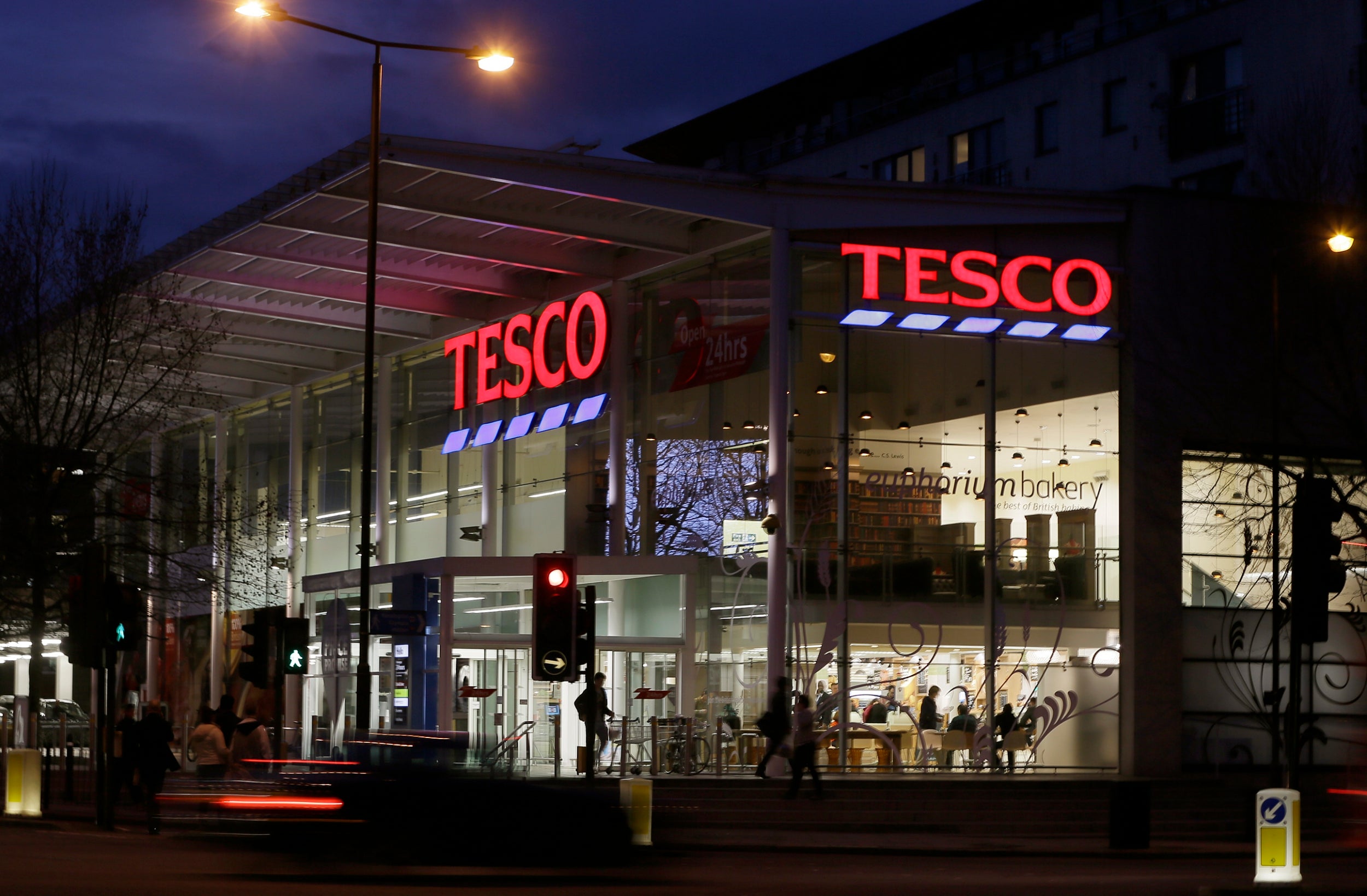No deal economic shock underway as supermarkets take emergency action, report by Kantar reveals. MPs should read it
Shoppers' behaviour is starting to mimic what emerged after the 2008 financial crisis as grocers cut their ranges and take emergency action

The Brexit economic shock dismissed by Leavers as ‘Project Fear’ is already underway.
Some startling research by Kantar, the research and analytics company, has found that consumers are engaging in behaviour that was common during the brutal recession that followed the financial crisis of 2008.
Its analysis of the nation’s grocery baskets has, for example, found that the long term and welcome trend of people choosing food for health reasons has plateaued, as it did then. Levels of snacking have increased. More people are taking lunch boxes into work, rather than buying from sandwich shops or the canteen, because it’s cheaper. The eating out boom of recent years has slowed dramatically. It appears that the ‘we’ll be alright if we just keep calm and carry on’ propaganda is being taken with a pinch of salt.
No wonder. Kantar makes the point that, according to the Department for Environment, Food & Rural Affairs, in 1988 domestic foods accounted for 66 per cent, or two-thirds, of all of what was consumed in Britain. Today, that figure has fallen to 50 per cent, or half.
Much of the new consumption has arrived from the European Union, from where 62 per cent of all free foods are imported. In the absence of a deal, or a Brexit delay, in less than a month from now the smooth, uninterrupted flow of that food Britain enjoys through its membership of the single market will come to a juddering halt.
That’s a big problem because while UK consumers may say they like the idea of buying locally, their buying habits speak otherwise. For example, just 41 per cent of the strawberries bought in Britain are consumed during their June, July and August season. The remainder is imported out of season, some from Europe or North Africa, some from further afield.
Retailers have done their best to respond. Range reviews have been conducted. We don’t tend to notice, but they regularly change through the year. They are changing now in ways they don’t usually change. Imported ranges have, for example, been simplified. Tesco has stated that it didn’t return fridges it rented during Christmas. It and Lidl have said that they’ll be hiring extra customs officials to get their produce fast tracked. Investments have been made in software and logistics planning.
Money has also been spent on beefing up security too. One of the more specious arguments against a second referendum is it would cause social unrest. A no deal would all but guarantee it. It would brutally expose the lies told by Britain’s politicians.
It would be remiss of me not to note that there will be some positives, and they may persist if Britain avoids the looming cliff edge. They include supermarkets becoming less likely to reject ‘wonky’ or odd shaped veg (although that was already in train) and their efforts persuade shoppers to eat seasonally. Packaging may reduce, and the top to bottom reviews some retailers have conducted of their businesses will serve them well whatever.
However, as a palliative these are rather like taking a paracetamol to deal with the after effects of major surgery.
Kantar’s report is a superlative piece of work. Its authors, Fraser McKevitt and Ray Gaul, are to be commended.
But reading it is faintly surreal. The things they highlight in their report - things that are happening right now - wouldn't have just been dismissed as ‘Project Fear’ during the EU referendum. They would have been laughed out of town. So Remain didn't mention them.
The report further serves to demonstrate the fallacy of the no dealers simplistic case. Project reality is now fast approaching fast and it's even colder than Tesco’s Fridges. Unless MPs find the courage to act, it will bite hard. And it will bite them too.
Sadly, too few of them read this sort of thing. They need to start.
Join our commenting forum
Join thought-provoking conversations, follow other Independent readers and see their replies
Comments
Bookmark popover
Removed from bookmarks